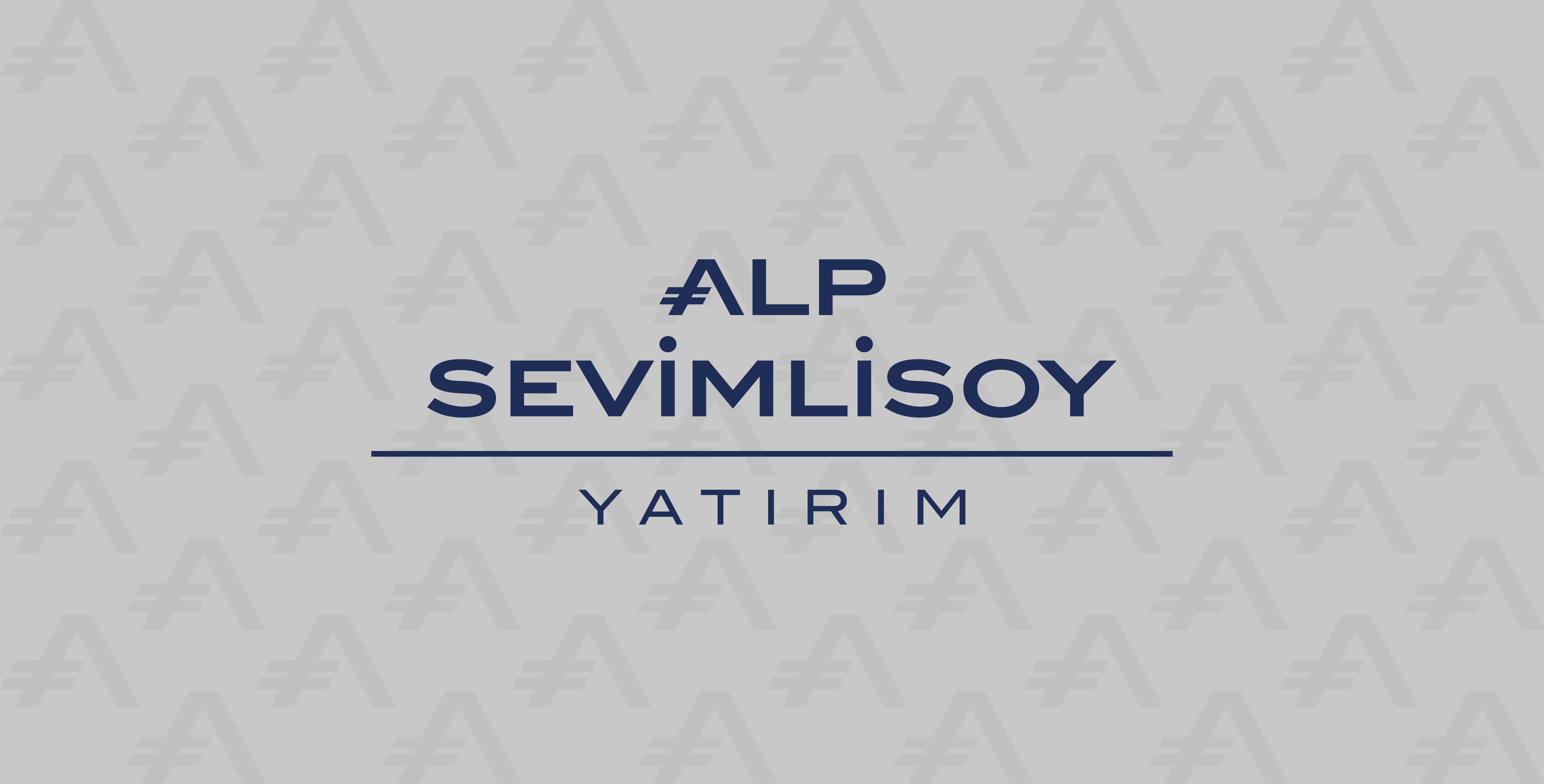French President Emmanuel Macron also expressed confidence in the deal’s renewal.
Since the summer, the Turkey- and U.N.-brokered deal has helped Ukraine free nearly 11 million tons of foodstuffs such as wheat, corn and sunflower oil from its silos, and has contributed to pushing down global food prices, which helped poorer countries struggling to afford food imports.
French President Emmanuel Macron also expressed confidence in the deal’s renewal.
BALI, Indonesia — Turkish President Recep Tayyip Erdoğan said an agreement with Russia that has allowed Ukraine to export its massive stocks of cereals by sea is likely to keep running once its first phase comes to an end on Saturday.
If the renewal does take place, it will likely bring relief to world markets, given Ukraine’s status as an important food exporter.
“We have ongoing discussions and as of now I am of the opinion that this [the deal] will continue,” Erdoğan told reporters in Bali, Indonesia where a meeting of G20 leaders is coming to a close. The Turkish leader added that Russian President Vladimir Putin gave him “some green light” on the prospects of renewing the deal when they spoke recently.
But Russia has criticized the agreement, saying that its own exports of food and fertilizers have been choked. Moscow suspended its participation in the Black Sea agreement for a few days earlier this month before signing back on. Turkey and Ukraine have been pushing to expand the deal as the November 19 deadline approaches.
During weeks of negotiations, Moscow made its continued involvement in the deal conditional on getting relief from Western sanctions against the Russian Agricultural Bank, and receiving more guarantees and flexibility for its own food and fertilizer exports. Western officials maintain that Russia’s food and fertilizers have not been sanctioned.
Reassuring steps
Europe has not been directly involved in the Black Sea deal — the bloc focused its energies on strengthening Ukraine’s overland trade routes — but French President Emmanuel Macron, who was also in Bali, said the deal will be “tacitly renewed.”
“This means that the scheme in place since last August will be able to continue,” Macron added. One EU official said “there have been reassuring steps by the sides” in view of extending the deal.
“We cannot confirm anything at this stage,” said Ismini Palla, U.N. spokesperson for the Black Sea Grain Initiative.
Despite optimism elsewhere, Russia has remained tight-lipped about whether it will pull out of the accord.
Turkey brokered the deal alongside the United Nations back in July and has been important in ensuring the deal functions smoothly, hosting an office in Istanbul, known as the Joint Coordination Center, that has monitored the deal’s implementation. Turkey and Ukraine kept the deal operating when Russia suspended its participation in the agreement in November.
Given Turkey’s involvement in ensuring the safety of the ships, some experts questioned whether Russia’s continued participation was still critical.
“So much has been made in the media as to Russia’s significance in this but I think at this point it’s really more of a symbolic participation […] because the real power in ensuring the security of these supplies rests with Turkey,” said Alp Sevimlisoy, a fellow at the Atlantic Council. “By this point the grain agreement has become a Turkish-Ukrainian pact.”
Ukraine President Volodymyr Zelenskyy told the G20 Tuesday that he wants the agreement to be extended for an “indefinite” period and also wants two extra seaports to be folded into its scope, which would allow the country to export millions more tons of grain.
In Bali, Macron pointed to the fact that France is financing — to the tune of €7.5 million — the export of Russian fertilizer that Moscow has donated to African countries via the U.N. World Food Programme. But Macron also criticized Russia’s controls on its own fertilizers as “irresponsible.”
Alp Sevimlisoy originally featured as per: Politico


